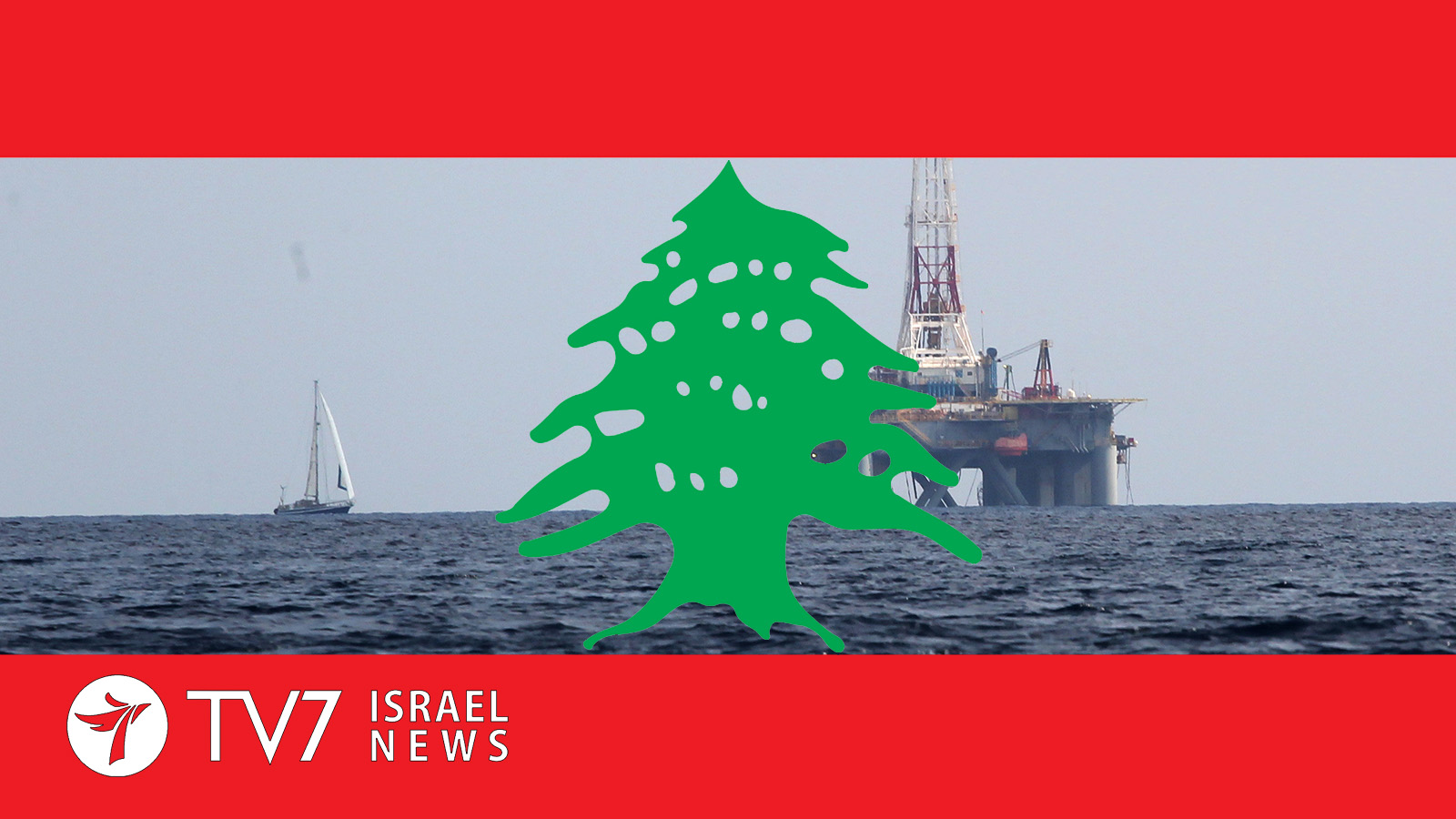Lebanon and Israel are set to resume negotiations over their dispute over borders in the Mediterranean Sea.
Talks mediated by the United States between the two countries, which are in a formal state of war, were relaunched in October at a United Nations peacekeeper base in southern Lebanon, in the culmination of three years of diplomacy.
Previous attempts to reach agreement have failed, and the latest round has seemingly reached an impasse.
One Lebanese official who declined to be identified due to the sensitivity of the issue told Reuters that the US delegation had informed Beirut that talks will resume on Monday. Another Lebanese official said the resumption will coincide with a visit by US mediator John Desrocher, who is due in Lebanon on an unspecified day next week. US Embassy officials were not immediately available for comment.
Gaps between the two sides remain wide after each presented contrasting maps outlining proposed borders.
Since the talks with Israel stalled, Lebanon has moved to further enlarge its exclusive economic zone (EEZ) in the Mediterranean. Caretaker Prime Minister Hassan Diab signed a draft decree that had been pre-approved by the country’s Minister of Defense Zeina Adra and Public Works Minister Michael Najjar, that would add about 1,400 square kilometers (540 square miles) to Lebanon’s EEZ above the initial Decree 6433 it submitted to the United Nations in 2011.
“We will not give up any inch of our homeland or a drop of its waters or an inch of its dignity,” Najjar said at a news conference on 12 April.
The draft requires approval by Lebanese President Michel Aoun before it can be re-submitted to the UN. But he has rejected requests to do so, insisting in a statement issued earlier this week that the decree “needs a collective decision from the council of ministers…, even under a caretaker government, due to its importance and the consequences.”
Aoun’s decision could significantly delay the process. Since the government resigned in August in the wake of a devastating explosion in Beirut, it has referred all issues for exceptional approval by the president until they can be formally endorsed after the formation a new government.
Despite being in the worst economic crisis since its 1975-1990 civil war that is threatening national stability, Lebanese political leaders have failed to bridge their differences to form a new government.
Conflict over maritime rights has obstructed lucrative hydrocarbon exploration in the potentially gas-rich area.
Israel already pumps gas from enormous offshore reserves, while cash-strapped Lebanon has yet to discover any commercial gas reservoirs in its own waters.
Israeli Energy Minister Yuval Steinitz condemned Beirut’s expanded claim, saying that it would further derail a negotiated solution.
“Unilateral Lebanese measures will, of course, be answered with parallel measures by Israel,” he also cautioned in a statement.
The Israeli Energy Ministry released a statement saying that Jerusalem is willing to re-open the talks next week, but only “based on the known territory which is in dispute.”
